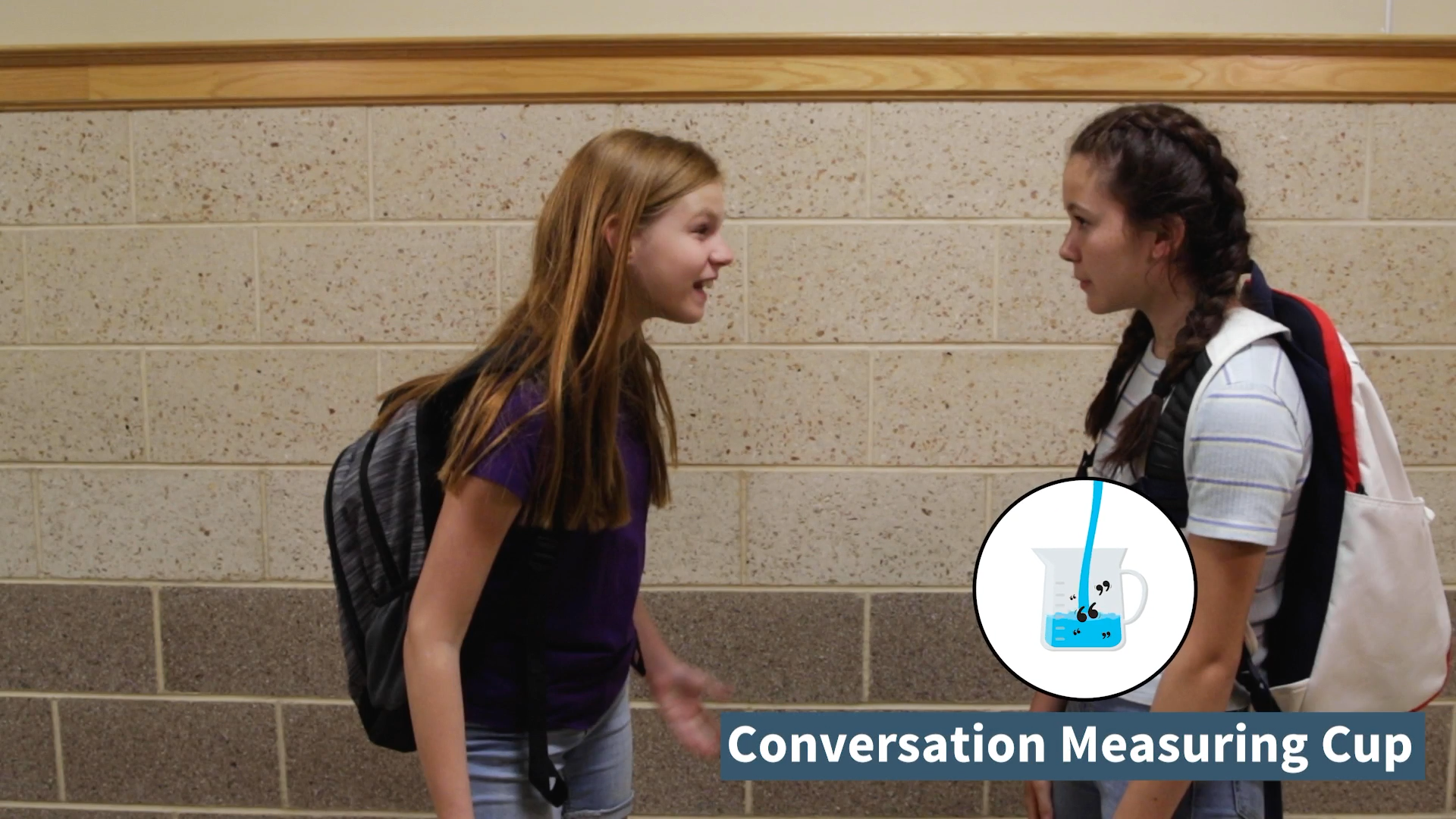Introduction: In special education, teaching students effective conversation skills is crucial for their social development and academic success. The target skill, which we’ll call the “Conversation Measuring Cup,” helps students gauge how much to talk during a conversation, ensuring they don’t say too much or too little.
Understanding the Conversation Measuring Cup
The Conversation Measuring Cup is a skill that allows students to adjust their talking turns based on the situation, promoting healthy social interactions and overall well-being. It teaches students to respond appropriately to greetings, specific questions, and other conversational cues. Mastering this skill can help students become more aware of body language and tone of voice, ultimately improving their communication abilities.
The Role of Specialists
Various specialists can support the development of the Conversation Measuring Cup in students:
- Speech-Language Pathologists: They can help students understand the structure of conversations, practice listening skills, and develop appropriate responses.
- Social Workers: They can work on enhancing students’ social skills, such as making friends, recognizing social cues, and managing emotions.
- Psychologists: They can address any underlying issues that may be affecting the student’s ability to communicate effectively and participate in conversations.
- School Counselors: They can provide guidance on social and emotional learning, as well as offer resources and support for students struggling with communication.
IEP Goals for Conversation Measuring Cup
Here are some SMART IEP goals that can help improve the Conversation Measuring Cup in students:
- Goal: The student will respond appropriately to greetings and general questions in 8 out of 10 opportunities.
- Strategies: Role-playing, social scripts, and visual supports.
- Goal: The student will demonstrate appropriate turn-taking in conversations in 4 out of 5 observed instances.
- Strategies: Turn-taking games, social stories, and video modeling.
- Goal: The student will recognize and respond to non-verbal cues from conversation partners in 7 out of 10 opportunities.
- Strategies: Body language activities, tone of voice exercises, and emotion recognition tasks.
Implementing and Measuring Progress
To effectively implement these goals and measure progress, consider the following tips:
- Collaborate with specialists to develop a comprehensive plan.
- Regularly observe and document students’ conversational skills.
- Use data to adjust strategies and activities as needed.
- Involve students in goal-setting and self-assessment.
Conclusion
Developing the Conversation Measuring Cup skill in elementary students is essential for their social and academic growth. By setting SMART IEP goals and collaborating with specialists, educators can help students become effective communicators. For more resources and support, explore the Everyday Speech Sample Materials to further enhance your students’ learning.






